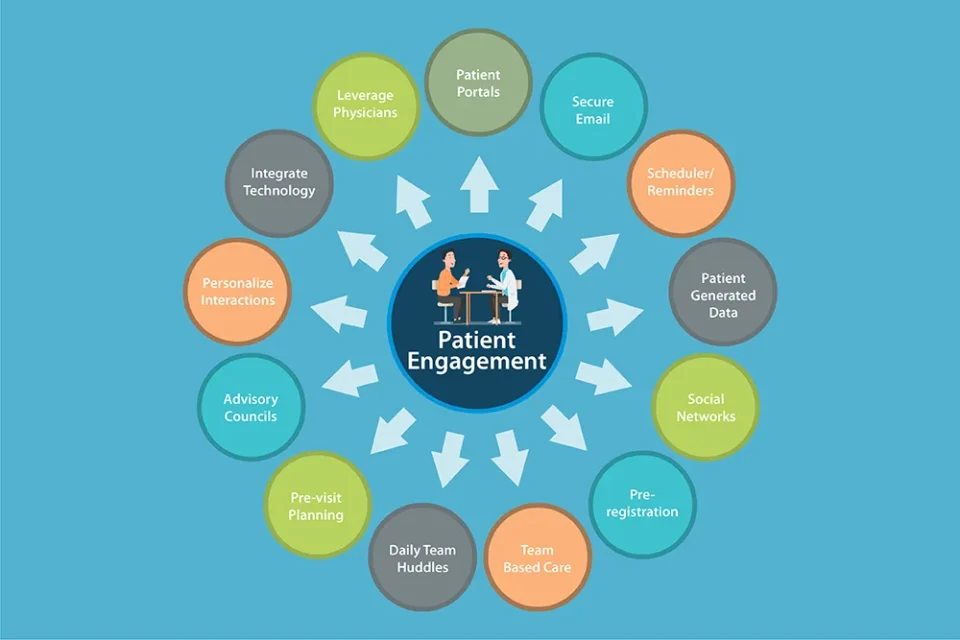Technology, notably Electronic Medical Records (EMR), plays an increasingly pivotal role in the continually evolving realm of healthcare. For neurologists, harnessing EMR streamlines administrative tasks and significantly enhances patient outcomes. This article delves into how neurologists utilize EMR, focusing on measurable improvements in patient care.
Efficient Data Accessibility
Integrating EMR Philippines into neurology practices offers seamless access to patient data, a primary benefit. Neurologists can swiftly retrieve comprehensive medical histories, diagnostic test results, and treatment plans, enabling informed and timely decision-making. This accessibility minimizes the risk of oversight, ensuring neurologists have a holistic understanding of each patient’s condition.
Enhanced Communication and Collaboration
EMR platforms, exemplified by SeriousMD, foster enhanced communication and collaboration among medical professionals involved in patient care. Neurologists easily share information with specialists, primary care physicians, and allied healthcare providers, fostering a cohesive approach to patient management. This collaborative environment promotes more coordinated care, ultimately benefiting the patient.
Streamlined Diagnostic Processes
Neurologists heavily rely on diagnostic tests like MRIs, CT scans, and EEGs for neurological assessments. EMR systems seamlessly integrate diagnostic images and reports, eliminating physical paperwork. This reduces the risk of data loss and expedites the diagnostic process, enabling neurologists to initiate timely interventions and treatment plans.
Personalized Treatment Plans
EMR systems empower neurologists to craft personalized treatment plans tailored to each patient’s unique needs. Through data analytics and trend analysis, neurologists identify patterns in patient responses to specific interventions, allowing for adjustments to optimize outcomes. This personalized approach enhances the effectiveness of neurology treatments, leading to improved patient outcomes.
Continuous Monitoring and Follow-Up
The integration of EMR in neurology practices facilitates continuous monitoring of patients’ progress. Neurologists easily track medication adherence, symptom changes, and treatment responses over time. This real-time monitoring enables timely adjustments to treatment plans, ensuring neurologists are actively engaged in optimizing patient outcomes throughout the care continuum.
Conclusion
The symbiotic relationship between neurology and EMR is reshaping the landscape of patient care. The measurable results, from improved diagnostic efficiency to enhanced communication and personalized treatment plans, underscore this transformation. Neurologists leveraging EMR, particularly through platforms like SeriousMD, lead the way in providing comprehensive and patient-centric care.
For innovative EMR technology, discover the capabilities of SeriousMDat www.seriousmd.com. The future of neurological care is here, driven by the seamless integration of technology for superior patient outcomes.

